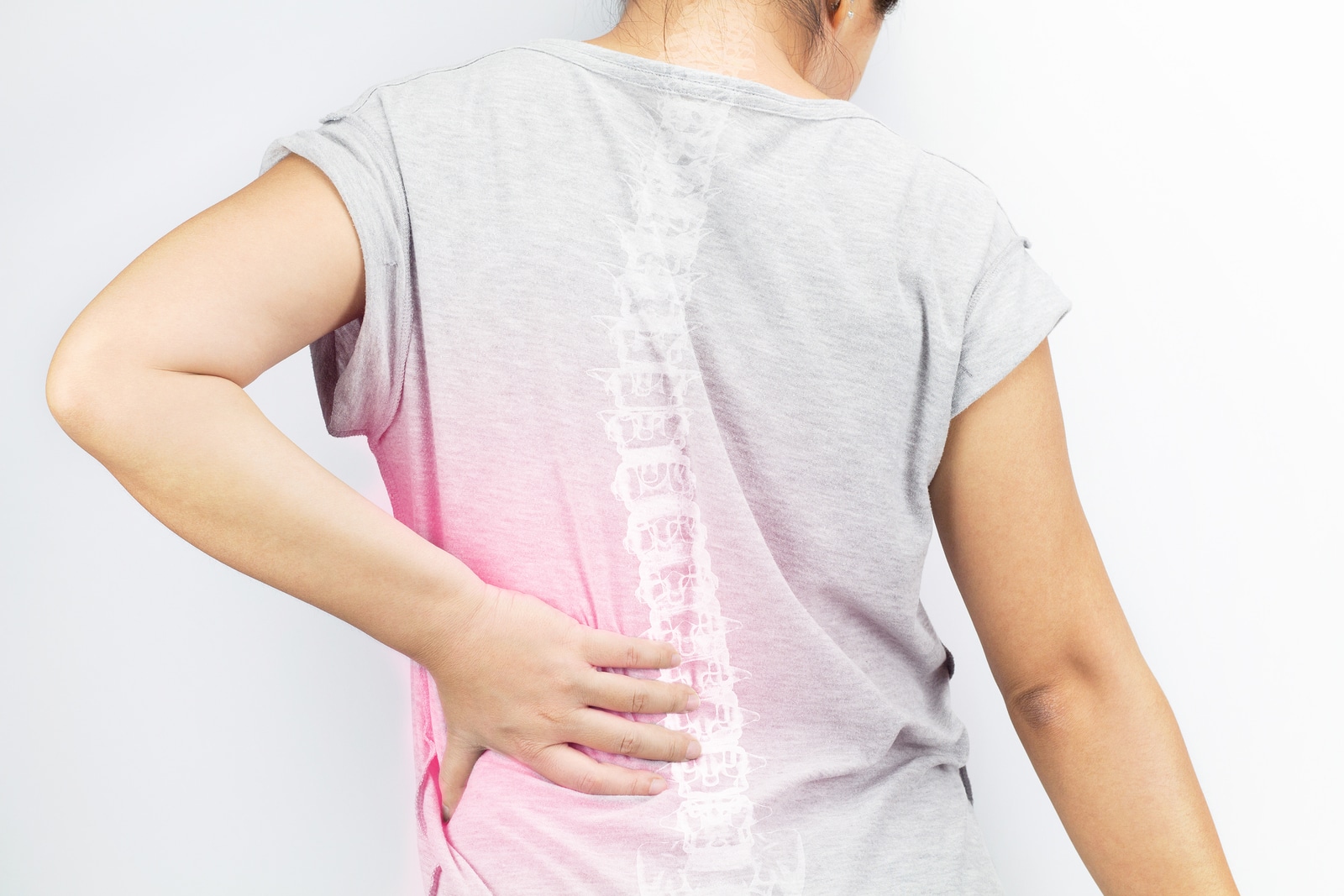“My husband said I am unbearable.” “My children tip toe around me.” “I can’t control myself and want to cry.”
This is perimenopause.
Perimenopause otherwise known as menopause transition, does not get the press and attention that menopause does. Yet, many women suffer from this and are either dismissed or drugged.
Symptoms of Perimenopause or Menopause Transition
Symptoms are sufficiently bothersome to drive almost 90% of women to seek out their healthcare provider for advice on how to cope. Poor sleep, depressed mood and increased anxiety increase during the transition from pre-menopausal to menopausal.

Depressed women tend to experience worse hot flashes along with worse sleep. Then to add insult to injury vaginal dryness and painful sex also become more likely. Mood issues, sleep, and vaginal symptoms will not go away without treatment. An effective treatment is hormone replacement therapy. 1
Women can experience any or all these symptoms related to perimenopause:
- Fatigue
- Dizziness
- Poor sleep
- Headache
- Joint and muscle pain
- Hot flashes and night sweats
- Palpitations
- Anxiety
- Depression
- A feeling of insects crawling on skin
- Abnormal sensations, pins and needles, tingling2
No one understands.
Most health care professionals and most women don’t realize that mood swings, anxiety, and depression as well as the feelings of being out of control and the symptoms listed above can be due to a hormone imbalance and there is treatment.

They are told they are normal, getting older or given a prescription to reduce anxiety or depression when that is not necessarily getting to the root cause.
They don’t know who to talk to.
Most feel isolated, alone, and afraid.
It is a scary time and women have an increased risk of depression, feel vulnerable and perceive a decline in their mental faculties. 3
These symptoms can last up to or beyond 10 years! It can be disastrous for relationships. Is that what midlife crisis is?
Risk Factors
Symptoms of depression are more likely to occur if a woman has a lack of harmony in family relationships, irregular periods, constipation, and severe perimenopausal symptoms.
Risk factors for anxiety are more than one cesarean section, severity of symptoms, constipation, and attitudes about childbearing status.
Symptoms increased gradually as women aged and hormones declined. 2
Possible Causes: Perimenopause

Long-term stress of perimenopausal women will lead to epigenetic changes of estrogen receptors, inflammation in the brain and nervous system as well as a disorder of the brain’s glial lymphatic system that removes toxins from the brain.
Estrogen can interfere with neurotransmitters such as GABA that calms the nervous system. Estrogen and the activation of estrogen receptor regulates nerve cells. Since estrogen fluctuates wildly during perimenopause, these effects become unstable. No wonder why moods are erratic!
Intestinal bacteria (the microbiome) are the focus of research in recent years. Microorganisms can regulate neuroendocrine through the gut – brain axis. 4
Stress, toxins, constipation, a poor diet, and food sensitivities change your microbiome for the worse. It is therefore important to have a healthy gut by eliminating food sensitivities, toxins, and modulating stress as well as judicious use of antibiotics and other medications.
If you are experiencing any of these symptoms get an evaluation by a physician who understands and will take you seriously. Find someone who doesn’t just give you hormones but takes care of your gut, and overall health. You are NOT going crazy! Balancing your hormones, healing your gut, eliminating toxins and managing stress can alleviate symptoms at the root cause. Apply for a free no obligation consultation to see if we are a good fit.
References
- Santoro N. Perimenopause: From Research to Practice. J Womens Health (Larchmt). 2016;25(4):332-339. doi:10.1089/jwh.2015.5556
- Rui-Xia Li, Ma M, Xiao XR, Xu Y, Chen XY, Li B. Perimenopausal syndrome and mood disorders in perimenopause: prevalence, severity, relationships, and risk factors. Medicine (Baltimore). 2016;95(32):e4466. doi:10.1097/MD.0000000000004466
- Weber MT, Maki PM, McDermott MP. Cognition and mood in perimenopause: a systematic review and meta-analysis. J Steroid Biochem Mol Biol. 2014;142:90-98. doi:10.1016/j.jsbmb.2013.06.001
- Han Y, Gu S, Li Y, Qian X, Wang F, Huang JH. Neuroendocrine pathogenesis of perimenopausal depression. Front Psychiatry. 2023;14:1162501. doi:10.3389/fpsyt.2023.1162501





She is a recognized and award-winning holistic, functional, integrative and anti-aging healthcare practitioner, speaker and author, and has been featured in ABC News, Forbes, WOR Radio and many media outlets to spread the word that you can live younger and healthier at any age.